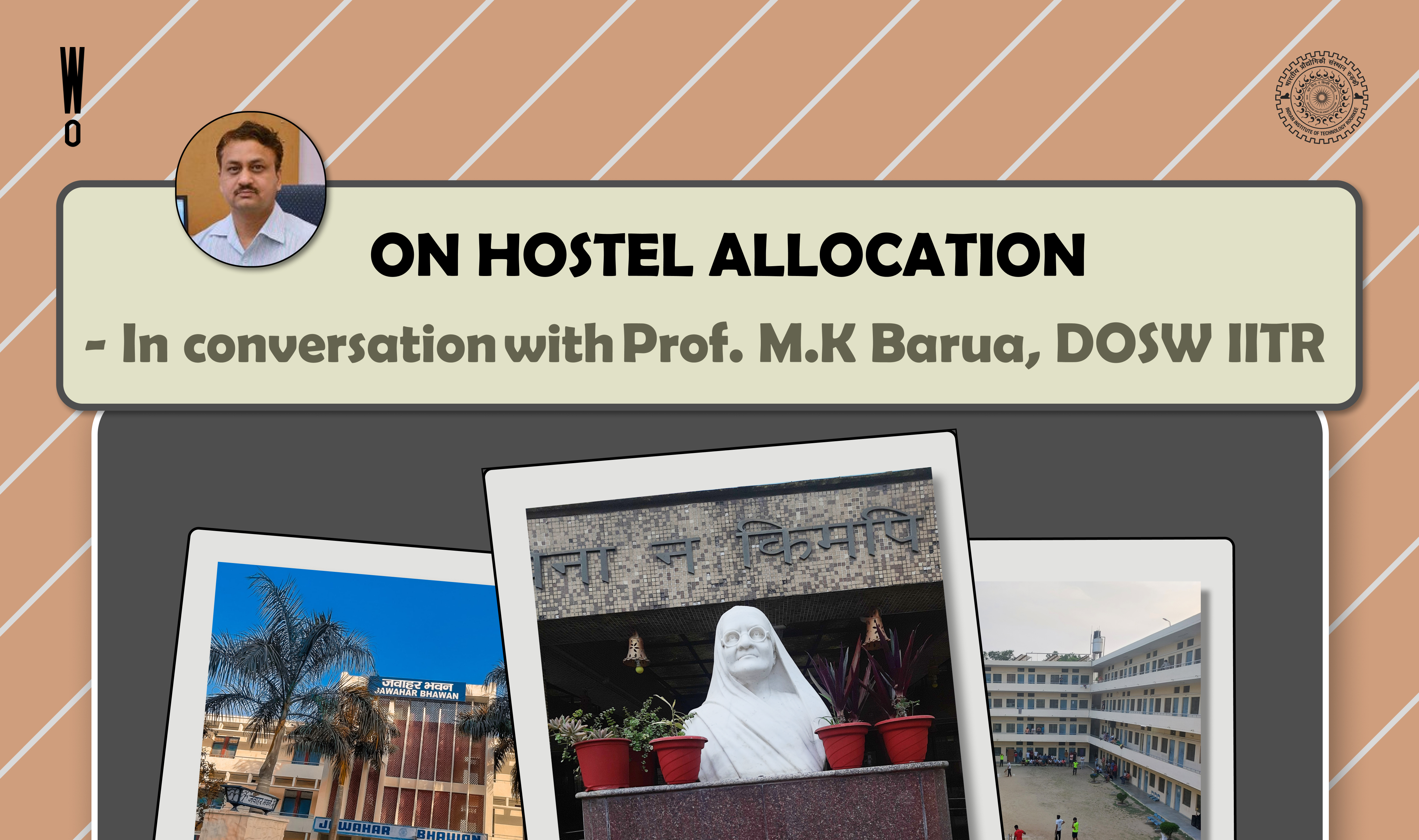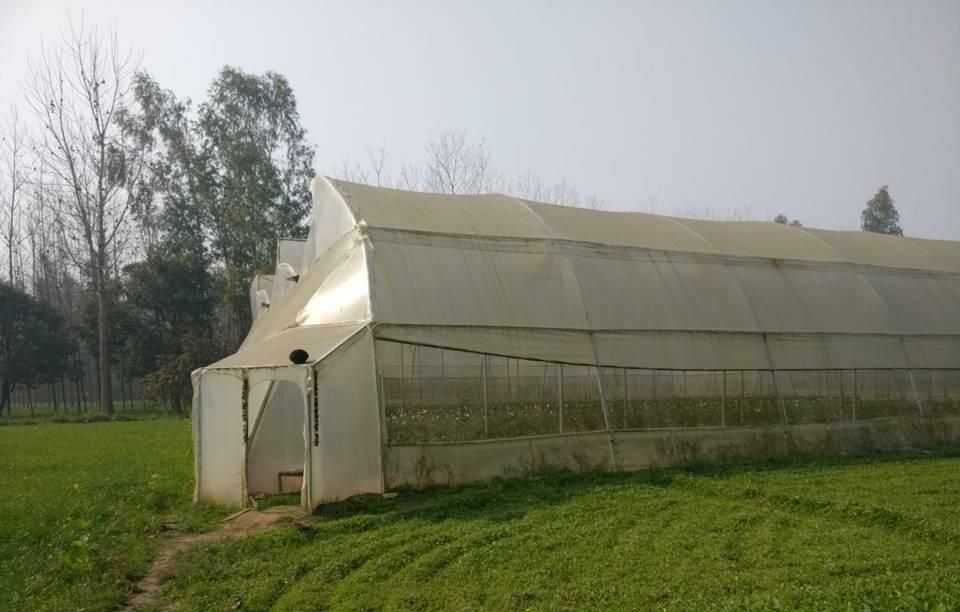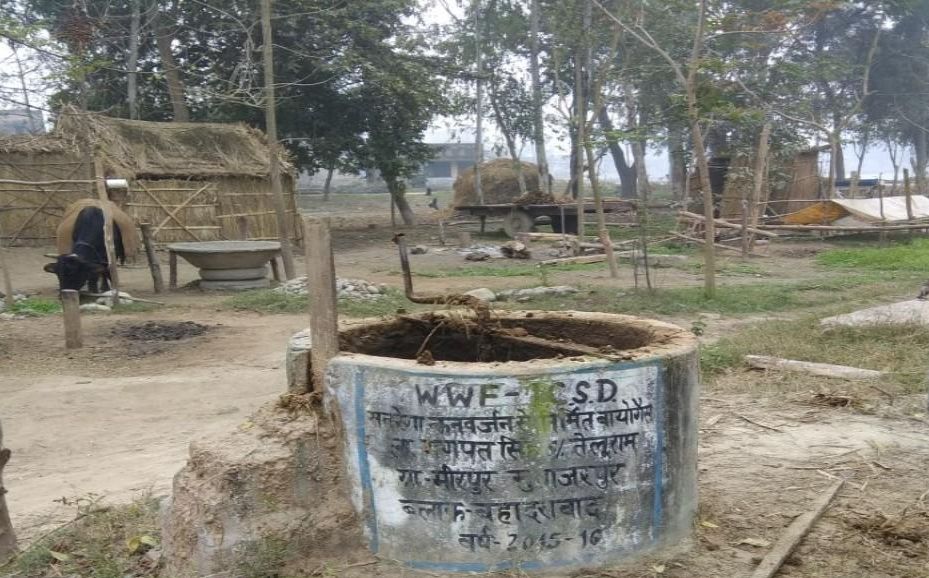

Body of IITR

Unnat Bharat Abhiyan, a program running under the aegis of the Ministry of Human Resource Development, was launched in November 2014 with an aim to use the skills of the students of the premier colleges in the country for innovative ideas to tackle the problems at the grassroots and work towards other aspects of development in villages. Under the same, the student chapter of UBA IIT Roorkee has adopted 8 villages of Dehradun, and Haridwar district. We speak to Sagar Gupta, the Student Coordinator of UBA IIT Roorkee, to understand the mechanics behind this initiative.
Over the course of three years that UBA has functioned, the work done has mostly contributed significantly to the socio-economic upliftment of the villages. Some of the other major initiatives have been the cleaning of a local pond, an attempt to tackle education problems and the reconstruction of a vital trade route bridge.
Our team structure has two levels, currently, a ‘village’ level and a central team. We have five teams working in eight villages, and each team has two village coordinators one documentation coordinator and a finance coordinator. In the central team, we have six members, one each for documentation and finance, and three theme leaders for ‘Technology Intervention’, ‘Education’, and ‘Outreach’, and one overall team leader.
An initiative that heavily changed the daily facets of the residents’ of village Meerpur was the Biogas initiative. To encourage the use of renewable energy amongst the villagers, an awareness and registration drive of Biogas plant was organised by UBA in the village Meerpur-Muwazarpur in October 2015. Almost every household here is involved in animal husbandry and farming, hence producing cow-dung and other wastes that rot in open. These then become breeding grounds for pathogens, and add to the waste disposal problem. With the help of the biogas plants, these wastes have now been turned into viable sources of renewable energy. I’m proud to mention that this event for registration witnessed amazing participation, resulting in the installation of 33 biogas plants over time.
The consumption of LPG has gone down to one-fourth of what was used earlier, and many houses have found a sustainable alternative to firewood. The slurry produced as a by-product is a nutritious manure for the farms. The money invested has been recovered, saving Rs. 4000 per month of each household, achieving the economic break-even point in less than 14 months. In addition to this, there have been many positive impacts on health and household economy.

A polyhouse is a structure providing a protective environment for the crops to grow. It incorporates the modern farming ideas and uses the concept of varying heat and moisture input to control the crop production. The protective environment helps specific types of plants to grow faster and increase the yield. The farms have seen multi-fold rise in production. The lower requirement of labour, electricity and fertilizers has been observed. This has been one of the first steps for modernising the farming industry. The Uttarakhand state government encourages the use of Polyhouses by providing a high amount of subsidy to farmers for installation of Polyhouses.
On observing the interest of the farmers in polyhouses, an awareness campaign was organised somewhere in April 2016, which resulted in the installation of 3 polyhouses with 6 more in the pipeline in Meerpur village. The turnover has been Rs. 4 Lacs per annum per 1000 sq. feet. The farmers will be able to break-even in just 4 years!
We are focusing on the technical interventions that our students can take up, to solve the basic problems and needs of the people of the village. We are putting in work towards building a water filter for iron removal, and we have started the ecological restoration of a nearby pond. We’re also helping the village’s Pradhan to make an effective Gram Panchayat Development Plan (GPDP).